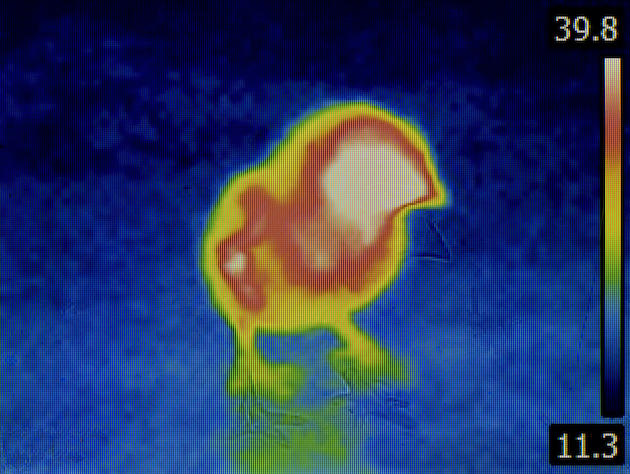Bird flu update – how hard is it hitting British farms?
Bird flu is continuing to ravage the North west of France as British shoots make contingency plans.

Data released by the French agriculture ministry showed that in the last week of March, cases in the main gamebird rearing areas of Vendée and Loire Atlantique continued to increase, though the rate of increase appears to be slowing. Shooting Times understands that these figures are likely to go on rising for some time, as a sizeable backlog of cases are checked and confirmed by French veterinary authorities.
As cases continue to increase it has become clear that hopes that imports of chicks and eggs may start in early June are at best optimistic. Where a premises has had an outbreak, the period from the slaughter of affected birds to restocking is over 50 days. An estimated three to four weeks will then be needed to prepare any eggs for export, with chicks taking another three to four weeks. However given the scale of culls, it remains unclear whether there will be adequate breeding stock to ensure that egg and chick production will be possible at scale this year.
Even when an individual premises is unaffected, a period of 21 days with no new cases will be required in affected areas before exports can resume. Gamekeepers and shoot operators were not keen to discuss their difficulties getting birds on the record. This is a key period for securing bookings and operators were concerned that potential customers may be scared away. However speaking on condition of anonymity one gamekeeper told us: “Partridges are almost impossible to get at the moment, pheasants are difficult and prices are well up, but there are farms supplying them from UK stock.”
This analysis seemed to be broadly supported with several shoots telling us that they were not able to book partridge poults, but that pheasants were still available. UK producers have been accessing Spanish and Polish-produced eggs as well as those from parts of France not currently affected by the outbreak. Home production of eggs also appears to have increased sharply. How successful this will be in closing the gap in the market remains to be seen.
Unfortunately a curtailing of shoot calendars has led to some job losses in the gamekeeping community. However the feared large scale job losses do not appear to have materialised.
In good news for shoots the prices of both wheat and oil have stabilised and are showing signs of dropping after a wave of Covid hit China and peace talks in Ukraine made progress. News of potentially increasing supply and falling demand saw oil drop by around $4 per barrel and wheat prices lost £6.75 per tonne over the weekend.








